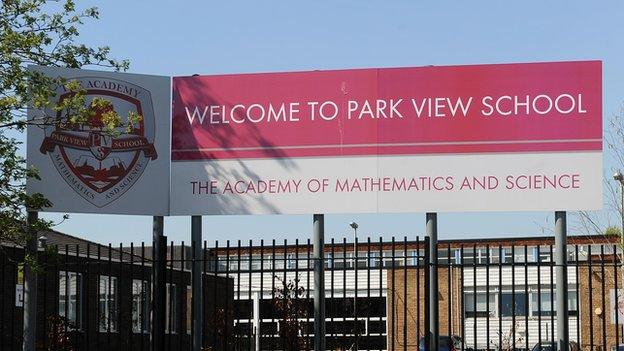Trojan Horse row: British values appeal overwhelming, says PM
- Published
David Cameron hopes for "overwhelming support" for the plan
Plans for schools to promote "British values" are likely to have the "overwhelming support" of people in the UK, the prime minister has said.
David Cameron said he hoped Education Secretary Michael Gove's proposals for England would be "inculcated into the curriculum in any school in Britain".
He was speaking amid concerns about an Islamist takeover in Birmingham schools - the so-called Trojan Horse claims.
Mr Gove said he wanted democracy, mutual respect and tolerance taught.
The government has also asked Ofsted to introduce routine no-notice school inspections in England following the regulator's findings of an "organised campaign to target certain schools, external" in Birmingham.
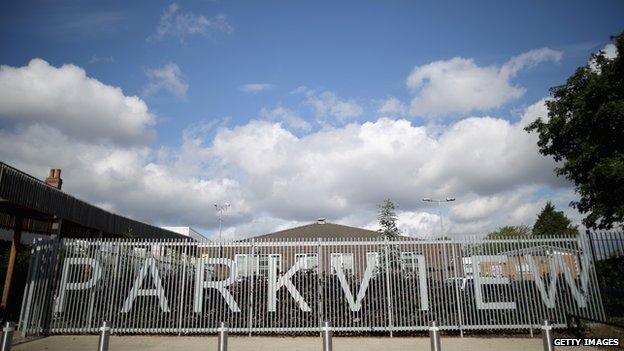
Park View Academy is challenging Ofsted's damning verdict on the school
Speaking in Sweden after a mini-summit with other EU leaders, Mr Cameron said: "I would say freedom, tolerance, respect for the rule of law, belief in personal and social responsibility and respect for British institutions - those are the sorts of things that I would hope would be inculcated into the curriculum in any school in Britain whether it was a private school, state school, faith-based school, free school, academy or anything else."
He added: "I think what Michael Gove has said is important and I think it will have the overwhelming support... of everyone in Britain including people that have come to settle in Britain and make their home in Britain."
But Faith and Communities Minister Baroness Sayeeda Warsi warned: "We need to make sure that all communities in this country feel like they are British and they are part of the whole."
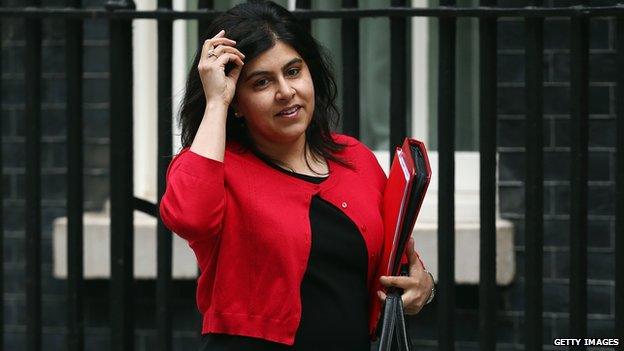
Baroness Warsi said it was important to distinguish between extremism and conservative religious beliefs
Speaking to BBC Radio 4's World at One she said she had been raised in a conservative, Muslim household and she was yet to see evidence that "religiosity equates terrorism".
"It is important that the way in which we tackle these matters is done in a way in which we resolve the problem and not make matters worse," she added.

Analysis
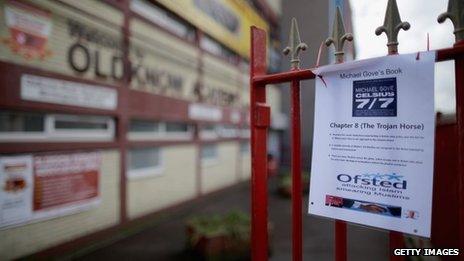
Posters attacking Mr Gove and Ofsted have been seen at Oldknow Academy
The government has spent an incredible amount of energy over 20 years trying to both define extremism and create ways of combating it in one of the most diverse countries in the world.
The previous Labour government's programme to prevent extremism was seen as laudable but with hindsight, most experts believe it failed to target the right people and alienated others.
The coalition changed tack completely, slashing funding for Muslim groups it did not regard as British enough.
It also promised last year to make sure that schools would be made to "support fundamental British values".
So the debate underpinning the row over Birmingham's schools isn't new. But the next steps - the policy solutions being proposed from government - may become a defining moment in how the UK responds to the reality of being an increasingly multicultural society.

Mock elections
Since January 2013 schools, including academies and free schools, have been required to respect British values.
The Department for Education, which oversees education policy in England, says it wants to "create and enforce a clear and rigorous expectation on all schools to promote the fundamental British values" from September this year.
These will sit alongside the requirements of the Equalities Act which also apply to all types of school.
The DfE said it hoped the measures would see schools:
Teach pupils about the "strengths, advantages and disadvantages of democracy.... in contrast to other forms of government in other countries"
Consider setting up a school council whose members are voted for by the pupils
Organise visits to local councils, Parliament and places of worship of other faiths
Hold mock elections so pupils can learn how to argue and defend points of view
Help pupils understand a range of faiths, and beliefs including atheism and humanism
Malcolm Trobe, deputy general secretary of the Association of School and College Leaders (ASCL), told the BBC schools were already working to promote core British values.
"For the vast majority of schools, this will make no difference to what they're doing, because they're already engaged in this agenda," says Mr Trobe.
Pupils in Northern Ireland and Wales are already taught many of the same themes although they are not described as "British values".
In Scotland, schools are run by local authorities and the Scottish government says the curriculum is not as "prescribed".
Damaging autonomy
Ofsted carried out inspections of 21 schools, following claims in an anonymous letter of an attempt to make the ethos of schools in Birmingham more conservative and Islamic.
When Sir Michael Wilshaw delivered his findings, external, he said "a culture of fear and intimidation has taken grip".
The inspections also raised concerns about an exclusively Muslim culture in non-faith schools, and fears that children were not being encouraged to "develop tolerant attitudes towards other faiths".
One parent told the BBC: "The school is very good, it keeps the girls away from the boys"
One parent of a pupil at Golden Hillock Academy - criticised by Ofsted - said his son had told him two years ago that boys and girls were being segregated.
"That shouldn't happen. We're living in a mixed society, if I want my son not to mix with girls I would have told him to go to a boys school."
But the man, who did not want to be named, said he was scared to raise concerns for fear his son would be expelled.
"Because it's an academy I can't go to Birmingham City Council or the education trust... their hands are tied," he added.
'Not appropriate'
In the wake of Ofsted's findings, Mr Gove has backed no-notice school inspections in England, which are now expected to go ahead.
On Monday Sir Michael told the BBC's Newsnight that Mr Gove had previously blocked plans to introduce snap inspections but on Monday Sir Michael issued a statement saying he had made the decision himself following "representations from teachers and others" during a consultation on the plan.
"I recognise that the secretary of state's commitment to this principle is also long standing," he added.
Teaching unions representing school leaders dismissed the move, saying that Ofsted could already inspect schools unannounced if it had concerns.
The five Birmingham "Trojan Horse" schools - including three academies from the Park View Educational Trust - are being placed in special measures. A sixth school is also labelled inadequate for its poor educational standards.
Ofsted says 12 schools will need to improve - and three have emerged with praise rather than criticism.
- Published10 June 2014
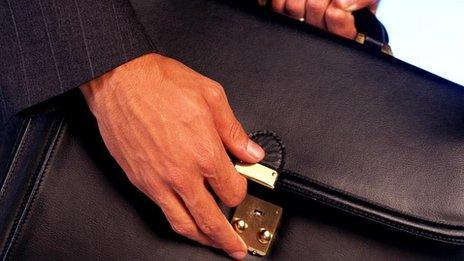
- Published10 June 2014
- Published10 June 2014

- Published10 June 2014
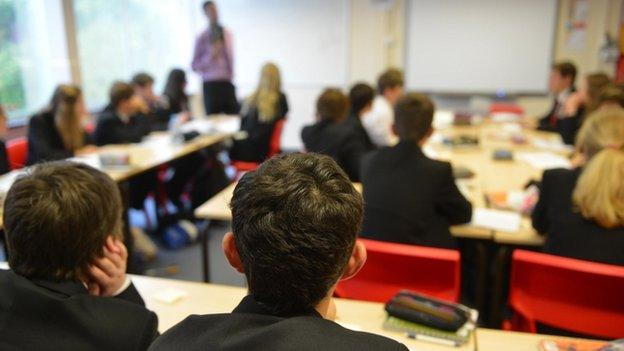
- Published10 June 2014
- Published11 June 2014
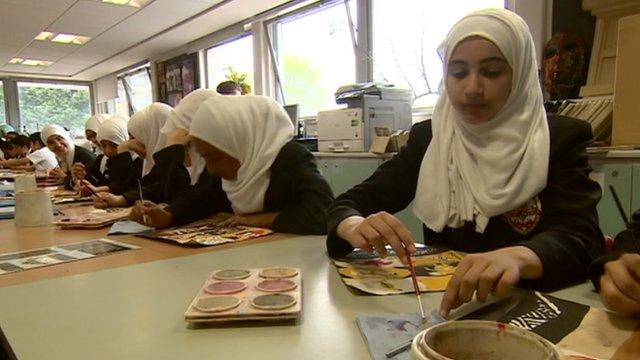
- Published10 June 2014
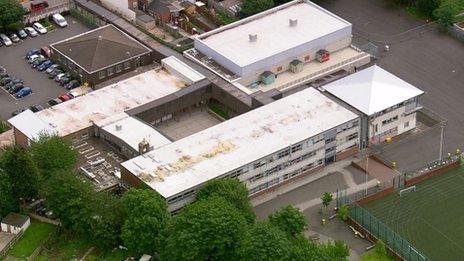
- Published9 June 2014
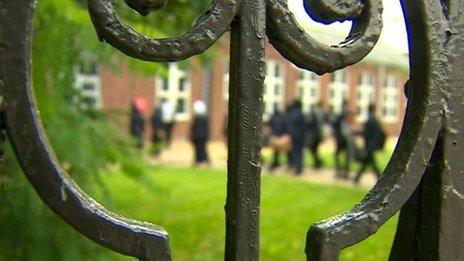
- Published9 June 2014
- Published9 June 2014
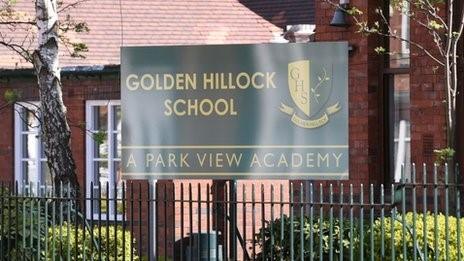
- Published9 June 2014
- Published9 June 2014
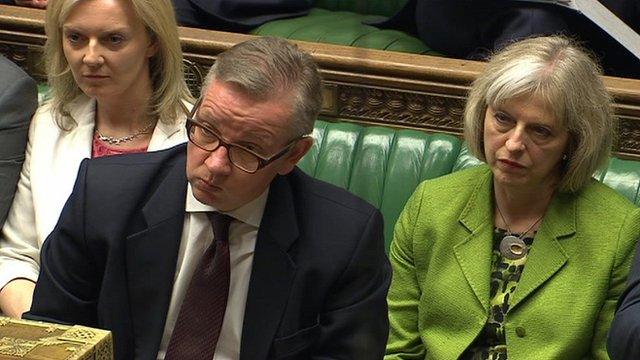
- Published9 June 2014
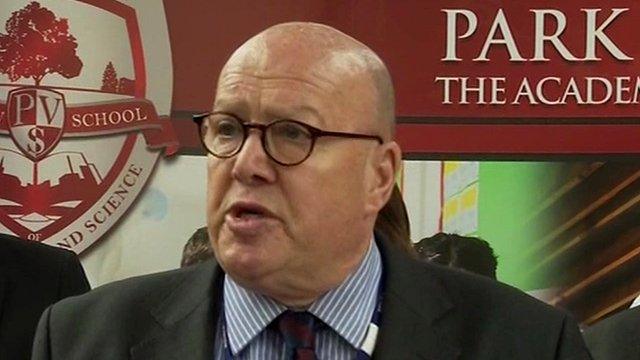
- Published9 June 2014
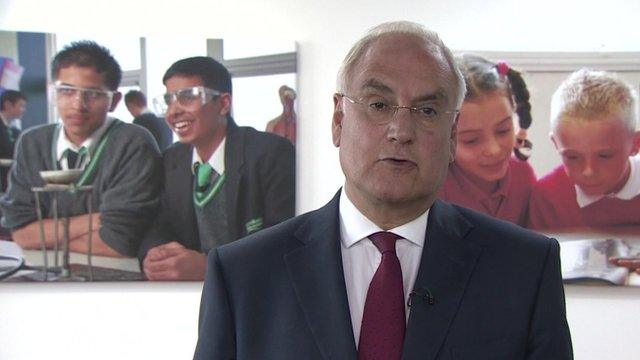
- Published9 June 2014
